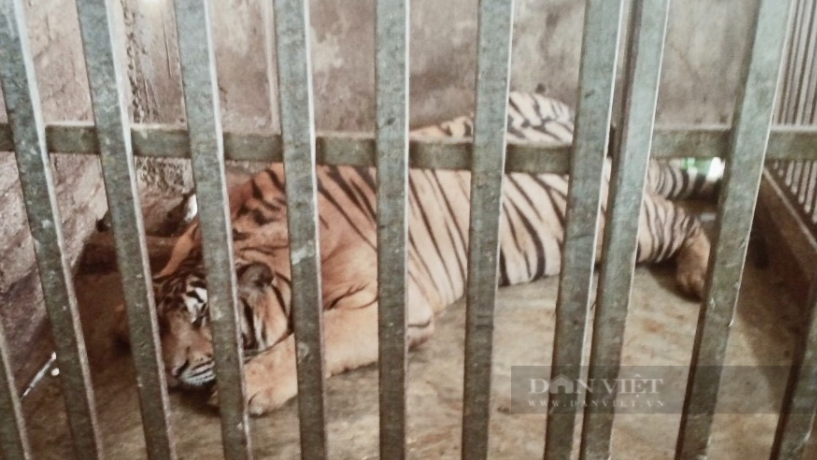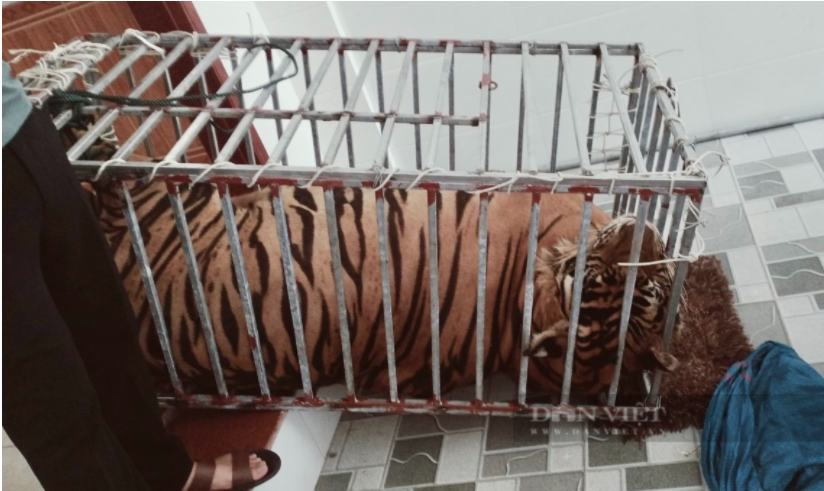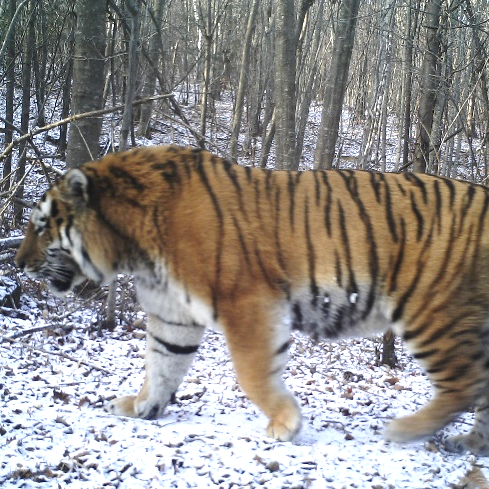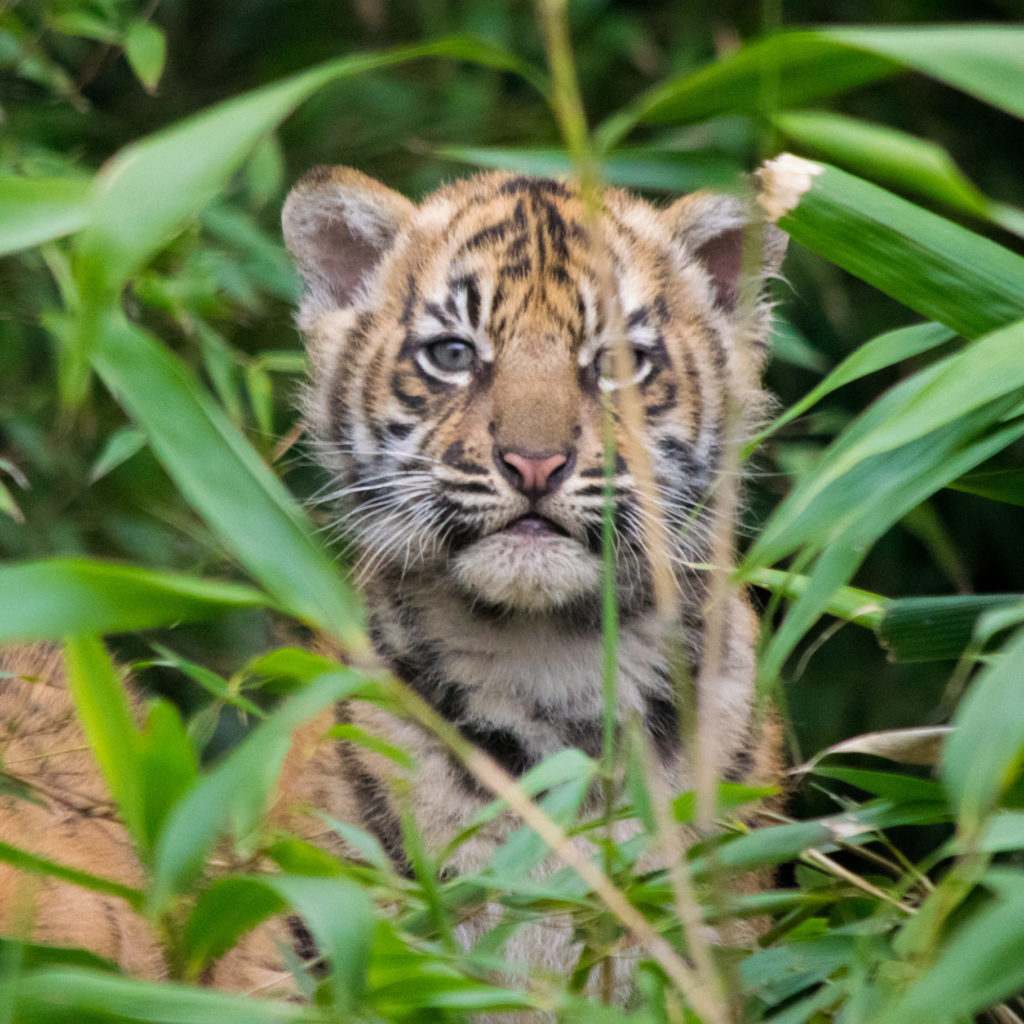Police in Nghe An Province of Vietnam have seized 17 captive-bred tigers, 7 tiger cubs, and 4 pangolins illegally raised in the province during the first weekend of August.
Captive-bred tigers, raised in facilities in Thailand and Laos, are often trafficked to Vietnam, especially Nghe An Province. Here, they are held in backyard and basement operations, raised to maturity, and then killed. Their bones, skins, teeth, and claws are then sold to consumers from Vietnam and China.
Police have been working hard to disband tiger trade networks which are prolific in Nghe An Province. The recovery of these illegally kept animals is an important step toward dismantling transnational criminal networks involved in illegal trade. But more work is still needed…
A more committed response from the highest levels of government is imperative to realise the end of this cruel trade. Investment in regional cooperation to disrupt the networks and eliminate demand is vital in the fight against illegal wildlife trade.
Tiger farms
It has been argued that captive breeding of tigers can satiate market demand thus preventing poaching of wild tigers. However, tiger farming can have the opposite effect by perpetuating the demand for tiger products and provide cover for the illegal trade of wild tigers. Law enforcement agents struggle to distinguish between poached and captive-bred tiger parts and legal trade legitimises the purchase and use for consumers.
While these farms continue to operate with freedom wild tigers will remain under threat.
With the next Year of the Tiger conference around the corner, trade, tiger farms and demand must be among the key threats addressed in regional and international strategies.





